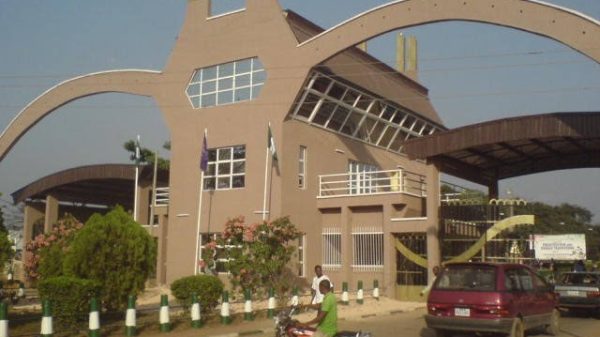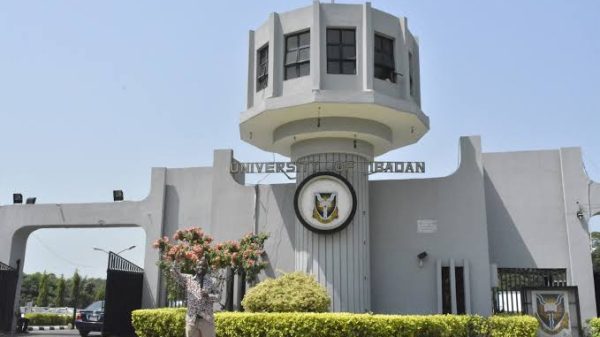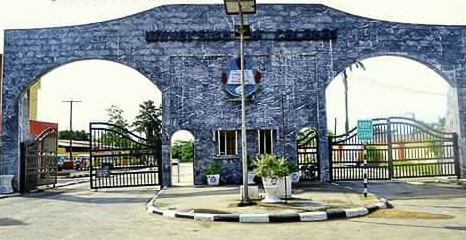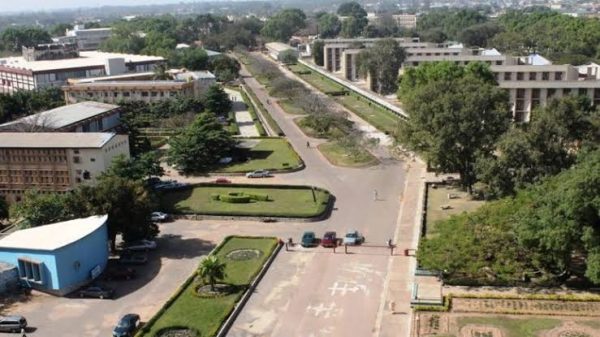Nigeria’s vast oil and gas reserves fuel the nation’s economy and present a dynamic landscape for aspiring petroleum engineers.
Earning a degree from a top-ranked university equips you with the knowledge and skills to thrive in this sector.
This blog post shows the top 10 universities offering exceptional petroleum engineering programs, alongside addressing frequently asked questions (FAQs) to guide your academic journey.
Top 10 Nigerian Universities for Petroleum Engineering:
- Federal University of Petroleum Resources Effurun (FUPRE):
The Uni was established solely for petroleum-related disciplines, FUPRE reigns supreme in petroleum engineering education. Their program emphasizes real-world applications, preparing graduates to tackle the intricacies of the oil and gas industry.
- University of Port Harcourt (UNIPORT):
UNIPORT’s Department of Petroleum and Gas Engineering boasts a rich legacy, dating back to the university’s founding. Their comprehensive curriculum integrates theoretical knowledge with practical training, ensuring well-rounded graduates.
- Federal University of Technology, Owerri (FUTO):
As part of FUTO’s School of Engineering and Engineering Technology, the Department of Petroleum Engineering prioritizes equipping students with the intellectual and technical expertise to address the evolving challenges of the global energy landscape.
- University of Benin (UNIBEN):
UNIBEN’s Department of Chemical Engineering offers a specialization in petroleum engineering. This program provides a solid foundation in chemical engineering principles while offering in-depth knowledge of petroleum exploration, production, and refining processes.
- Ahmadu Bello University (ABU Zaria):
ABU Zaria’s Department of Chemical Engineering offers a specialization in petroleum engineering. Their program emphasizes the application of chemical engineering principles to address challenges specific to the oil and gas industry.
- University of Nigeria, Nsukka (UNN):
UNN’s Department of Chemical Engineering offers a specialization program in petroleum engineering. This program equips students with the technical knowledge and practical skills necessary for a successful career in the sector.
- University of Lagos (UNILAG):
The Department of Chemical and Petroleum Engineering at UNILAG offers a well-structured program that blends theoretical knowledge with practical training, preparing graduates for diverse roles within the oil and gas industry.
- Federal University of Technology, Akure (FUTA):
The Department of Chemical Engineering at FUTA offers a specialization program in petroleum engineering. Their curriculum focuses on core engineering principles applied to the specific context of the oil and gas sector.
- Rivers State University of Science and Technology (RSUST):
Established with a focus on science and technology, RSUST’s Department of Petroleum Engineering provides a program that equips graduates with the technical expertise and problem-solving skills required for the industry.
- Federal University of Technology, Minna (FUTMINNA):
The Department of Chemical Engineering at FUTMINNA offers a specialization program in petroleum engineering. Their curriculum emphasizes the application of chemical engineering principles to various aspects of oil and gas exploration and production.
Frequently Asked Questions (FAQs)
What are the career prospects for petroleum engineers in Nigeria?
Nigeria’s oil and gas sector is a significant employer of petroleum engineers. Graduates can find fulfilling opportunities in exploration and production companies, service providers, and government agencies. The continuous growth of the industry suggests a sustained demand for skilled professionals in this field.
What are the admission requirements for petroleum engineering programs in Nigerian universities?
Admission typically requires a strong showing in the Unified Tertiary Matriculation Examination (UTME) and exceptional performance in relevant science subjects like Mathematics, Physics, and Chemistry in the Senior Secondary School Certificate Examination (SSCE). Additional screening processes might be implemented by specific universities.









